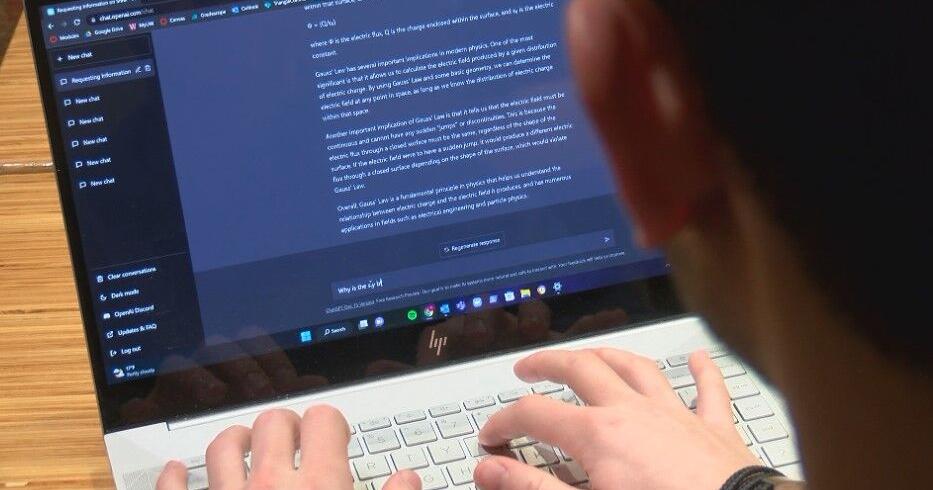MADISON (WKOW) — Wisconsin elected leaders have set up a pair of task forces designed to study the impacts of artificial intelligence on Wisconsin’s workforce with the goal of informing regulation going forward.
Gov. Tony Evers, a Democrat, announced at the end of August a largely nonpartisan taskforce on the subject of AI and its workforce effects. The governor’s group is comprised of members of his administration, and leaders in education and business communities.
Assembly Speaker Robin Vos (R-Rochester) announced his own bipartisan taskforce on the subject two days later. Its members are all Assembly legislators.
The two task forces came as good news to Prof. Thomas Kochan, a Wisconsin native and faculty member of the Massachusetts Institute of Technology’s Sloan School of Management where he focuses on employment policy changing in the face of emerging technologies.
“I’m delighted that the state of Wisconsin is taking some leadership and putting together groups to look at how to use these technologies effectively,” Kochan said.
But Kochan warns that lawmakers should not spend too much time studying the issue.
“If we wait too long, then it’s going to get on its own track,” he said. “And a narrow group of people will shape it in their own interests, and then we’ll be dealing with the consequences of it down the road.”
Kochan recommended that workers be involved in lawmaking process to help inform policy as they are the ones most likely to be impacted by the effects of AI.
“They (lawmakers) often only talk to the business leaders not to the end user,” he said.
27 News reached out to both Gov. Evers’ office and Speaker Vos’ office. The former did not respond to request for an interview on the subject AI, and the latter declined a similar invitation.
Vos’ office directed the inquiry to Rep. Nate Gustafson (R-Neenah), who did not respond to an interview request.
Neither taskforce has a publicly declared deadline to deliver results.
“This is the moment to address these issues,” Kochan said. “Because the tech, the generative technology, particularly in AI, is relatively new and still flexible and open to being shaped in constructive ways.”
Source link
credite

